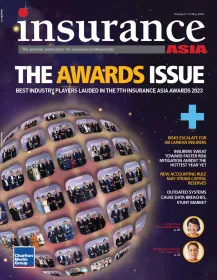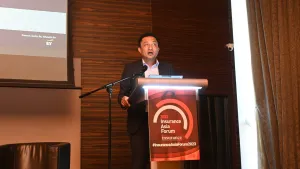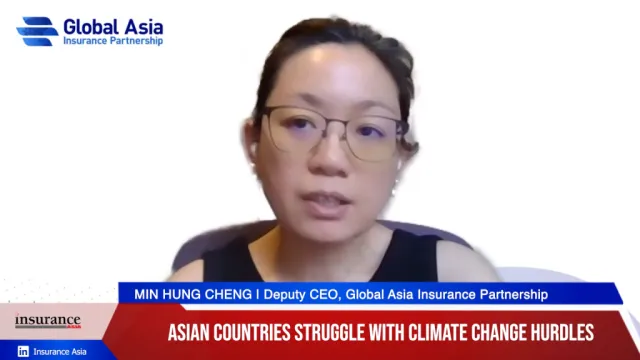
How did Hong Kong’s insurance industry fare in its first quarter?
The industry showed only flat growth across both long-term and general business.
Hong Kong’s insurance industry only showed a mild increase of 0.5% of total gross premiums to $20.16b (HK$$158.2b) in the first quarter of 2022, according to the provisional statistics released by the Hong Kong Insurance Authority (HKIA).
For the long-term segment, total revenue reached $17.70b, a slight decrease of 0.2% from last year, comprising $14.44b from Individual Life and Annuity (Non-Linked) business (increased by 0.1%), $1.01b from Individual Life and Annuity (Linked) business (decreased by 17%), as well as $2.01b from Retirement Scheme business (increased by 9.2%). The total amount of payment made to policyholders in terms of claims and benefits was $9.13b (decreased by 4.1%).
New office premiums, excluding retirement scheme business, of long term business increased 4.2% to $5.40b
Meanwhile, new business premiums derived from Chinese Mainland visitors surged by 235% to $43.97m. This represents a 0.8% of the total for individual businesses. According to the HKIA some 96% of the policies taken out by this group of customers were settled at regular intervals. Critical illness, medical and whole life insurance accounted for 31%, 31% and 28% of the policies respectively.
For the general business, net premiums reached $1.53b. Total gross claims payment was decreased by 0.9% to $920m. The overall underwriting profit rose sharply from $65.25m to $135.47m.
Direct business premiums were at $1.22b. General liability and pecuniary loss business grew by 9.2% to 32.9%, respectively. Supported by rates hardening and new business but partially offset by a reduction in ships business and motor vehicle business of 4.5% and 4.9% respectively,
Underwriting profit for direct business increased by 144% to $122.99m with the net claims incurred ration falling from 59.3% to 54.5%, mainly caused by favourable outcomes in ships and general liability business.
“Despite this visible improvement, the underwriting profit of Accident & Health business narrowed from $26.89m to $19.24m, but still compares well with a loss of $7.39m in the fourth quarter of 2021,” HKIA reported.
On the other hand, reinsurance inward business net premiums grew by 5.5% to $290m. The increment of gross premiums was led by Ships business, Property Damage business and Accident & Health business, attributable again to rates hardening and new business. Nevertheless, the overall underwriting profit dropped from $14.91m to $12.49m, with the net claims incurred ratio edging up from 61.2% to 61.5%.
Talent shortage
In a survey by the Hong Kong Federation of Insurers last February, almost one out of three international insurers in Hong Kong are thinking about cutting back on their operations due to talent shortage in the city as strict COVID-19 pandemic policies continue.
Almost 30% of respondents are mulling relocating their global and regional teams, leaving only Hong Kong-focused staff behind.
The talent shortage has grown so worse that according to HKIA chairman Stephen Yiu Kin-wah, the regulator is facing its own personnel shortage, saying they are understaffed by nearly 10%. The HKIA is said to have 30 vacancies it is seeking to fill.
Yiu said the talent shortage in the HKIA is caused by private insurers hiring their staff to fill their own vacancies. This is because a lot of financial workers are moving out of Hong Kong to other cities because of the tough pandemic response.
The industry is finding it hard to replace those who are leaving because of strict travel measures which require individuals, even fully vaccinated ones, to a quarantine of up to 14 days.











 Advertise
Advertise












